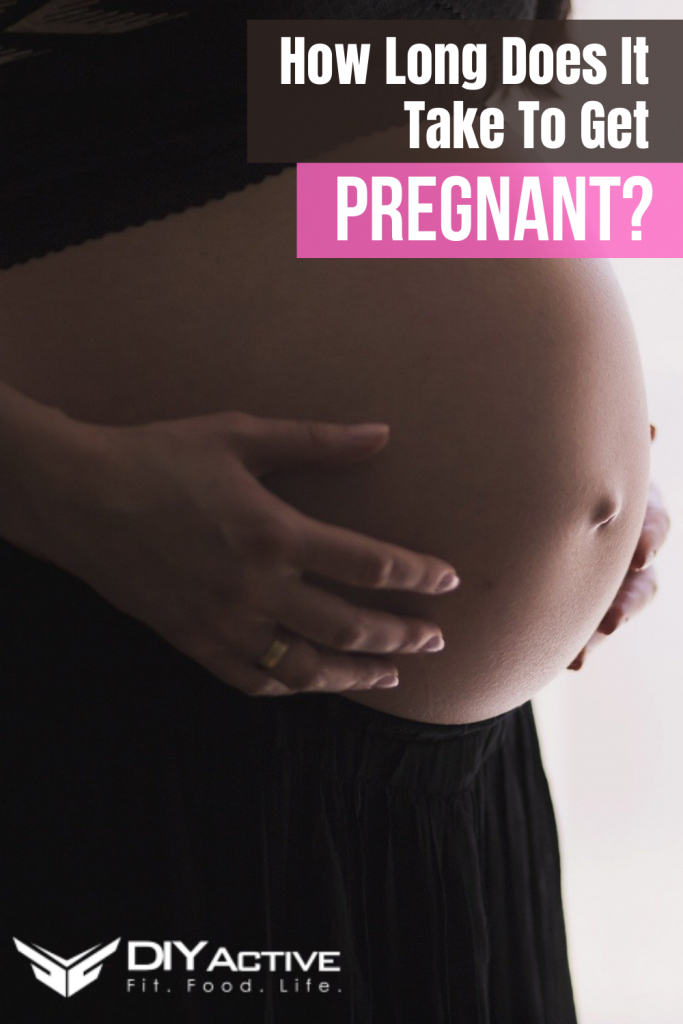How Long Does It Take To Get Pregnant
There are no set rules when it comes to pregnancy. Circumstances, chance, and individuality allow for a large scope between one mistake in birth control producing a child all the way through to those trying for months on end before eventually conceiving. Of course, there are a number of factors that are at play when it comes to trying to conceive.
How Long Does It Take To Get Pregnant
Length of time spent, timing and the general lifestyle being led by the couple often have considerable implications for pregnancy and conception.
But for some, no matter how hard they try, they may just never get the natural conception that others get. Fortunately, there are fertility treatments that have helped many couples successfully conceive a child.
Infertility affects many, and it is a lot more common than you would expect. So, how long does it take to get pregnant? Read on!
Understanding your cycle
Follicular:
The key to fertility and planned pregnancies is knowing your menstrual cycle. By being on top of this you can accurately predict when you or your partner will be best placed to conceive.

Ovulation:
The next stage tends to take place between days 14 and 21 of your cycle. This is the ovulation stage of conception. The Luteinising Hormone surges during this period and triggers the release of the ripest egg.
Timing:
When trying to conceive, timing is crucial. Women are host to 1 -2 million eggs but only release 300-400 through ovulation in their lifetime.
Usually, only 1 is released a month and travels along the fallopian tube towards the uterus. If the timing is right the sperm can meet the egg in the fallopian tube and start to fertilize. This can only happen 24 hours after the ovary releases the egg.
Sperm can tend to linger from 3-5 days. Knowing when you are ovulating means you can accurately time it for the sperm to cover this period. By tracking your most fertile days you have the best chance of conceiving and pregnant. Sex 1-2 days before ovulation has the highest probability of allowing conception.
Statistically, the best days to have sex would be day 12 and day 14 of your menstrual cycle but this is depending on a number of different factors and will change depending on the individual. Instead, you should look to do the equation and calculate it yourself for your own circumstances. If this is too difficult there are online fertility calculators.
Other official guidelines, such as the NHS guidelines, suggest having regular sex every 2 to 3 days throughout the month so as to avoid any added stress.
Difficulties/Complications
Many don’t even need to do the calculations to conceive. Others do the calculations which eventually leads them to conception. But some others may find themselves struggling.
If you have done all the calculations and have been trying to conceive for more than 12 months (6 months for those over 35s) and you are under 35 years old you might be facing some fertility issues.
Fear not! Whilst it can of course be devastating news, a lot of the time it is manageable and not the end of the world you’re just going to need some help to move forward with a pregnancy.
Infertility is more common than many expect with 1 in 7 couples suffering from infertility issues. It can also be caused by numerous different issues ranging from obesity and general well-being to endometriosis and varicocele but is often most affected by age.
Infertility can have many causes, and often presents numerous distinct signs but is only ever really questioned after the biggest sign is realized by couples.
Following continued efforts to become pregnant, many couples start to question fertility or lack thereof. If you and your partner have been trying to conceive for more than a year or are worried about infertility at all it is better to consult your registered GP who can help or refer you to a specialist.
The sooner you address, assess, and deal with infertility the better. Treatments such as IVF, human egg freezing, or oral medications are all effective treatments and can aid a couple’s infertility.
How long does it take?
It is hard to exactly put a time on how long it takes to get pregnant but it can easily be within the year and often is. The biggest factor when it comes to conception is age – particularly of the female.
When the female is 19-26 years old, 92% of women will conceive after a year of trying, with a 98% success rate by the second year.
Compare this with 35-39-year-olds who show an 82% success rate in the first year and a 90% rate in the second year.
Wrap-Up
It is clear to see that age does affect your fertility and whilst it is still more than possible to conceive as you get older, there are some added risks of infertility and complications.